He received an unexpected call asking him if he would like to accompany the Hungarian prime minister on a trip, organized amid the highest secrecy, to Kyiv and he "of course" said yes, Roger Koppel told the Hungarian Mandiner news portal. As he put it:
Although this trip was not about peace negotiations, it could actually be seen as a peace mission. Viktor Orban said that the most important task for him now was to uncover the facts, that is, to get to know how Ukrainian President Volodymyr Zelensky and Russian President Vladimir Putin view the war situation. How they assess the peace proposals put forward, where the red lines are for them, and how they envisage peace negotiations. He wanted answers to these questions, so he did a kind of groundwork.
It is important to emphasize this, he said, because the first reactions, especially from Brussels, were critically and pettily reproachful of Viktor Orban for negotiating without a mandate and ascribing a mandate to himself.
It must be remembered that Viktor Orban made it clear from the outset that this was not a negotiation, but a fact-finding exercise for clarifying issues. I find it rather brazen to accuse Orban of being pro-Putin,
he added. In the interview, Roger Koppel said that he has the greatest respect for Viktor Orban because as the prime minister of a medium-sized country he managed to play above his weight class.
He owes this to his political success, to being a charismatic politician who sticks to his principles - even when criticized,
he highlighted, noting that
perhaps the Hungarian prime minister managed to convince Zelensky that the Russians should be involved.
Click HERE for the full interview (in Hungarian) on Mandiner's site.
Cover photo: Roger Koppel, editor-in-chief of the Swiss weekly Die Weltwoche (Photo: Mandiner)
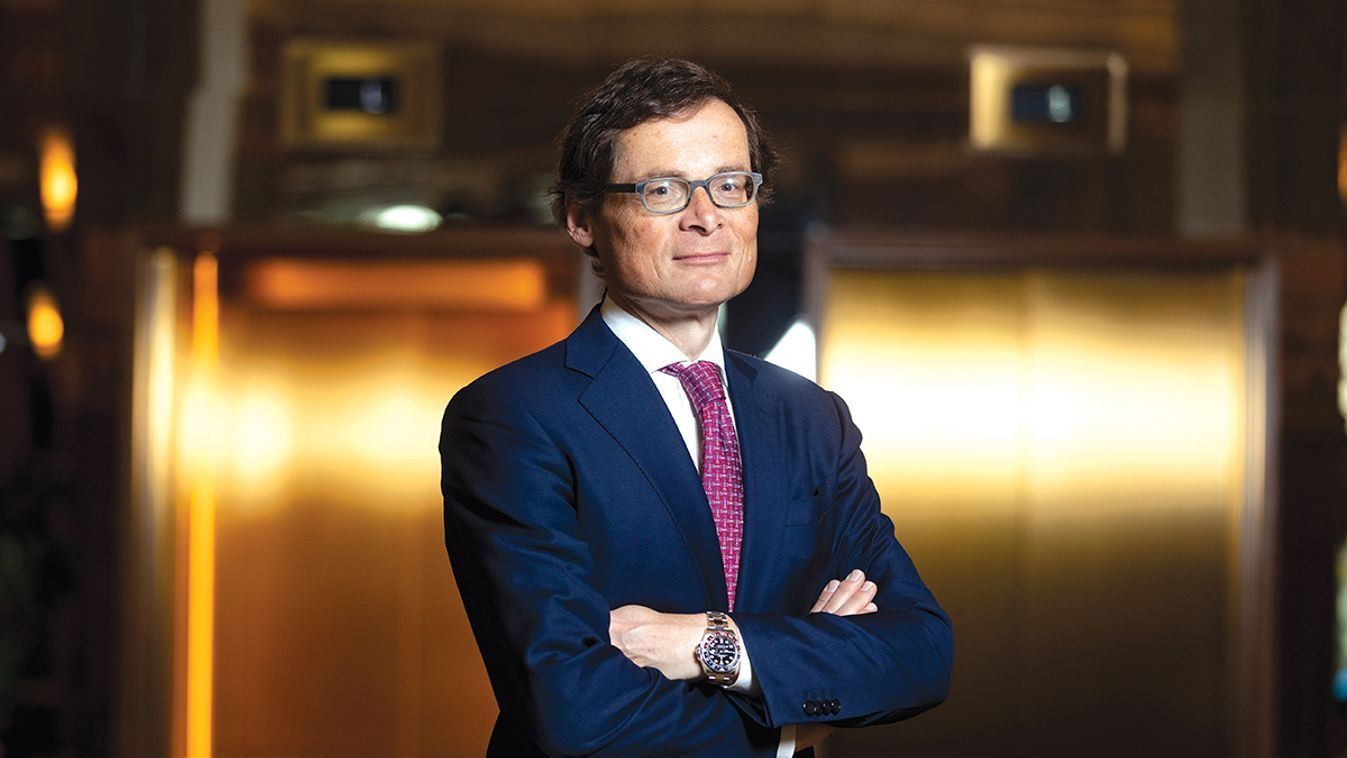
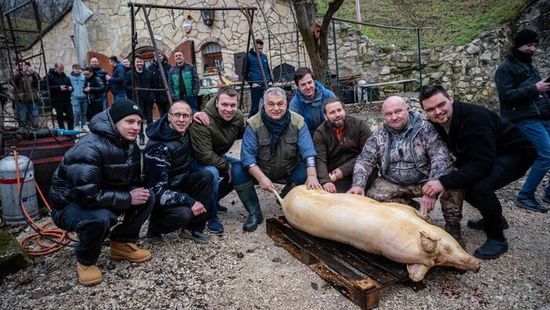
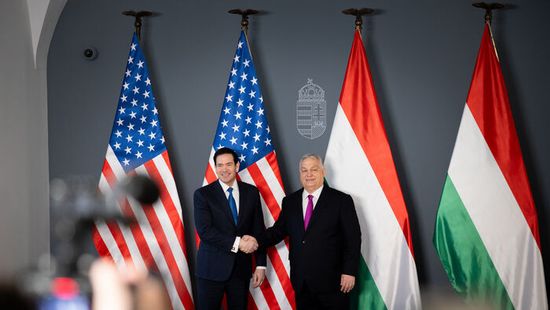
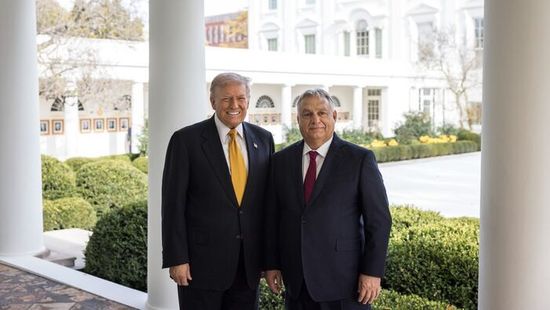
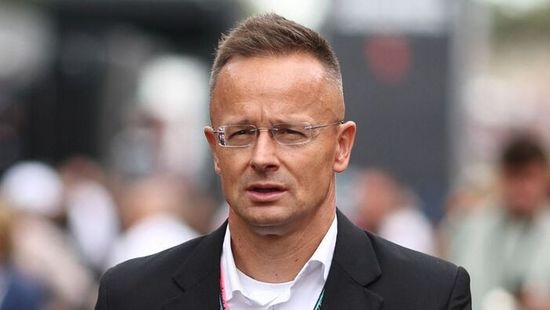



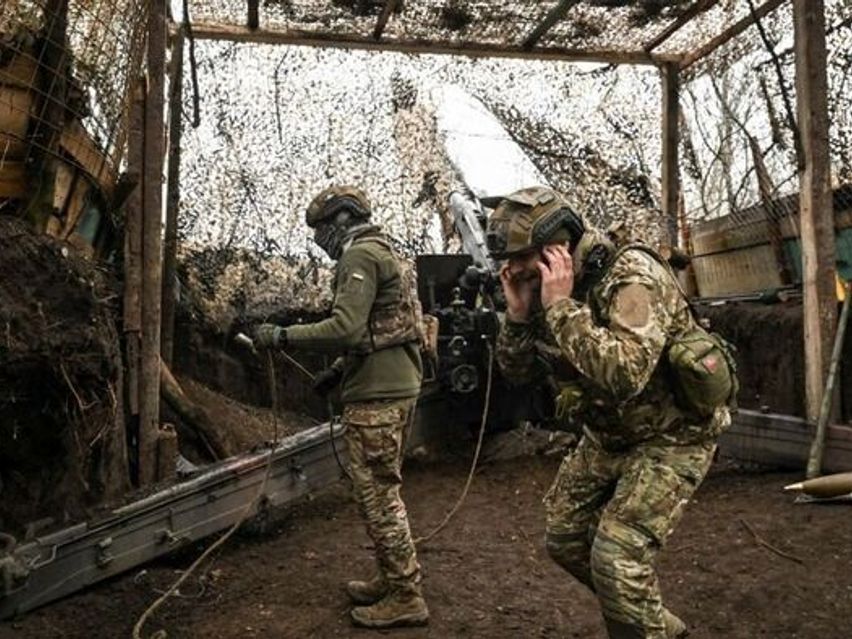
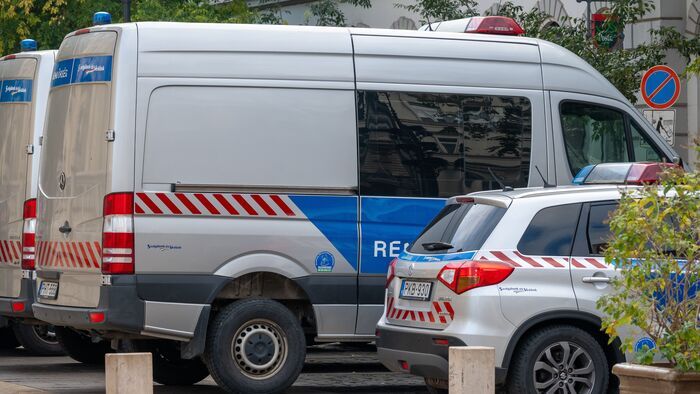

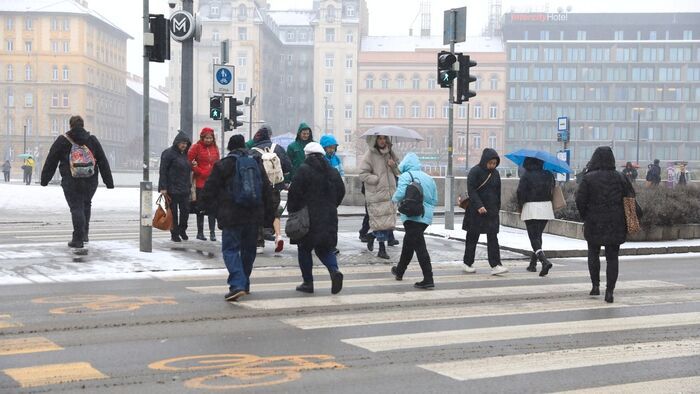
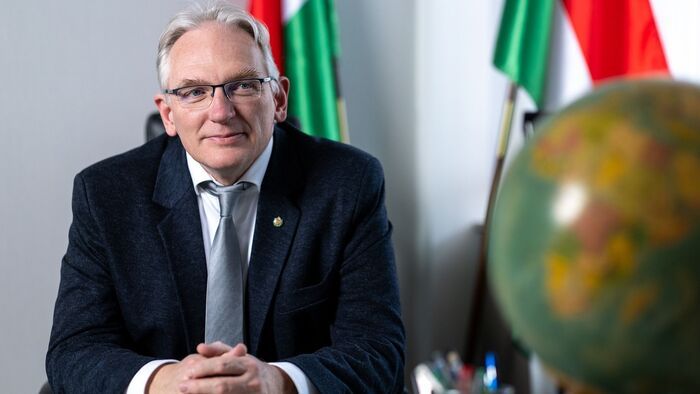
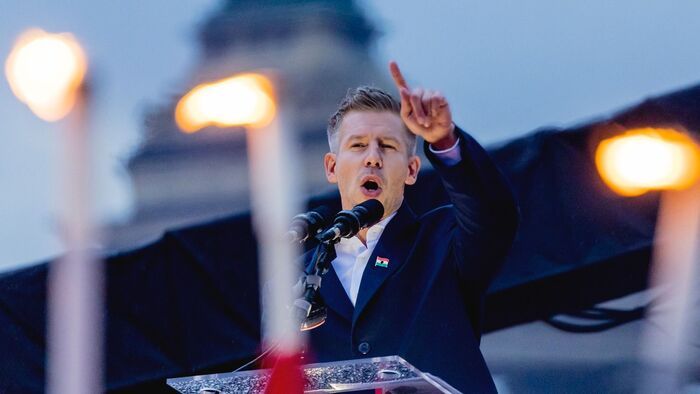
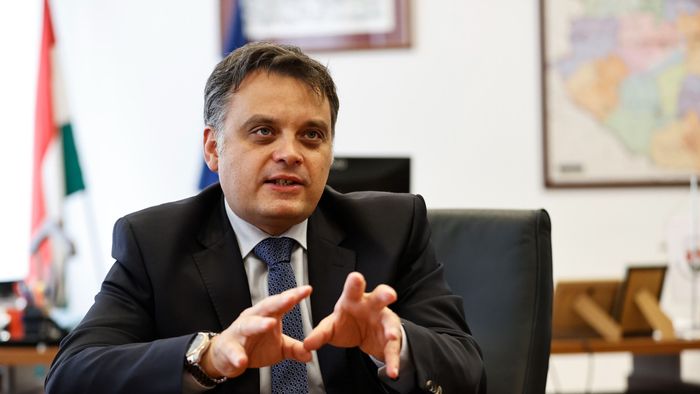
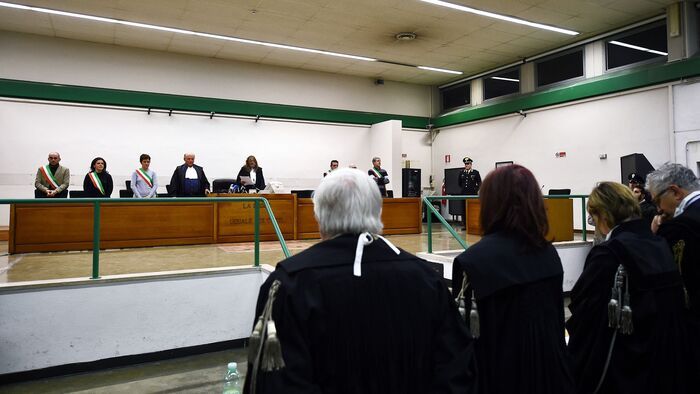
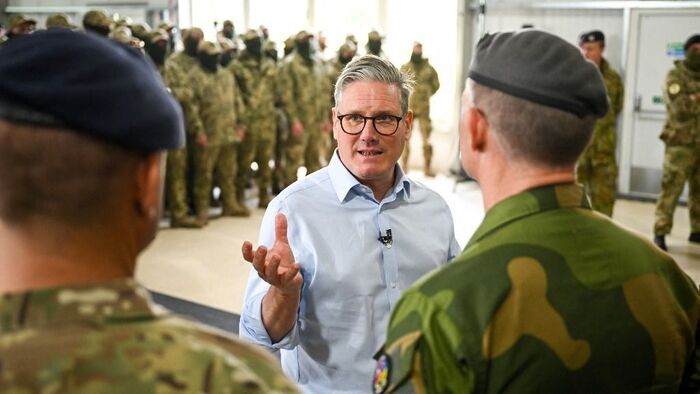
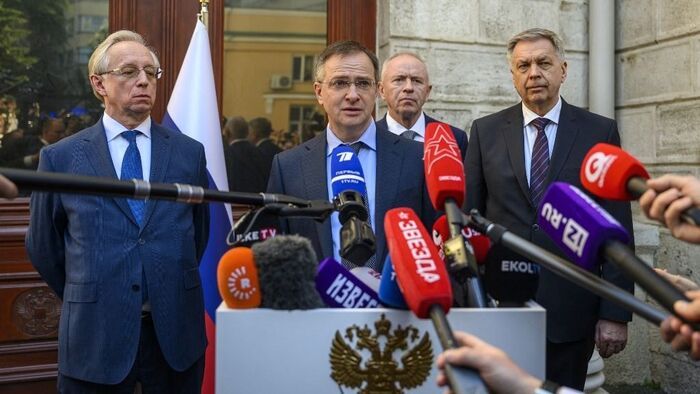


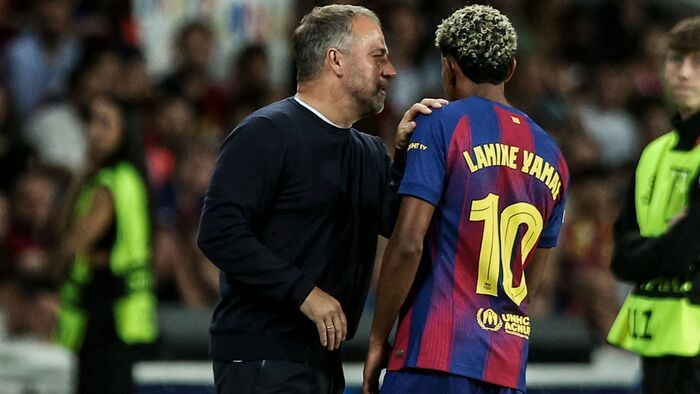


Szóljon hozzá!
Jelenleg csak a hozzászólások egy kis részét látja. Hozzászóláshoz és a további kommentek megtekintéséhez lépjen be, vagy regisztráljon!